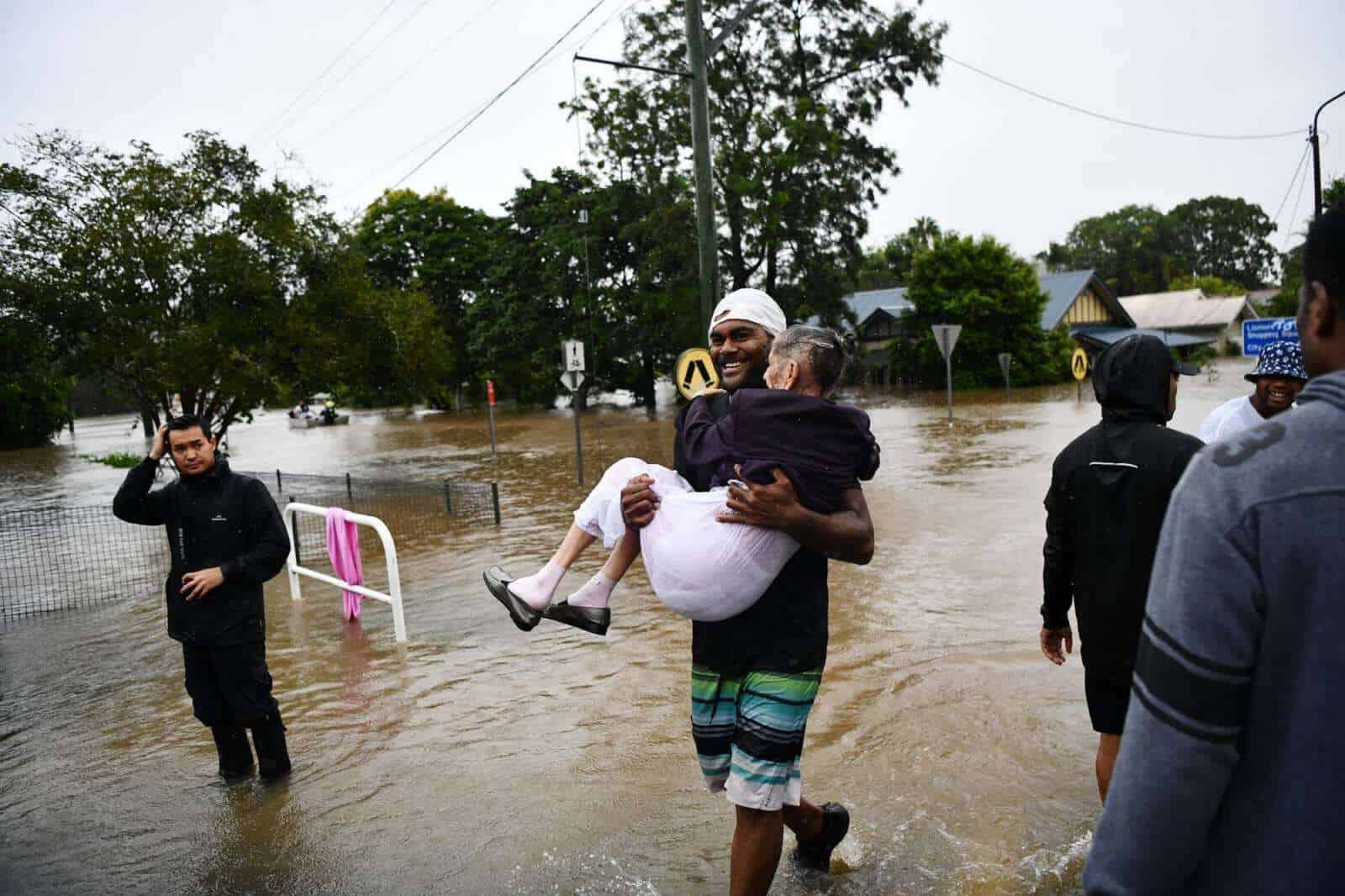Next month (April) a new scheme for Pacific Islanders to work in Australia’s agricultural industry comes into force, after parliamentary inquiries heard evidence that Pacific Islanders have been exploited and treated as slave labour. But comments by a Samoan official cast doubt on how much support the workers receive from their own governments . . .
